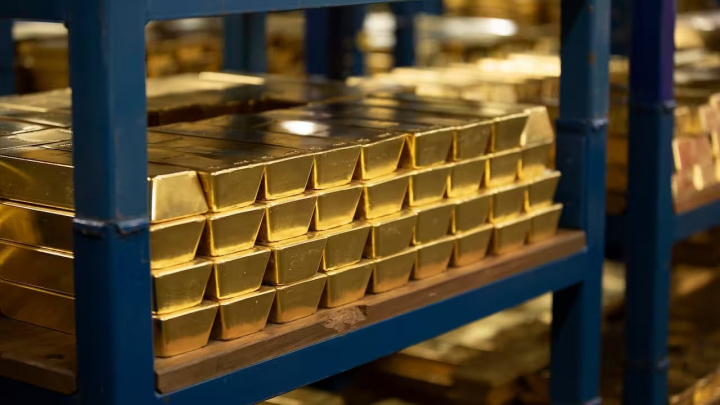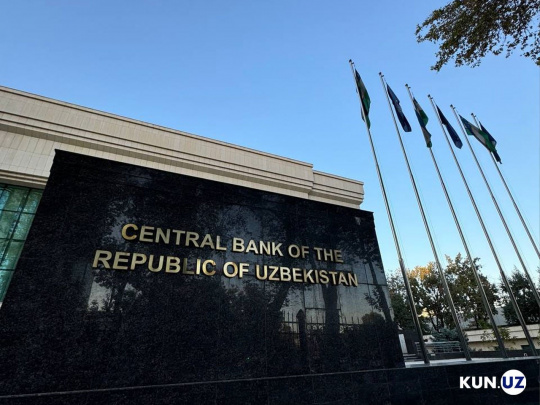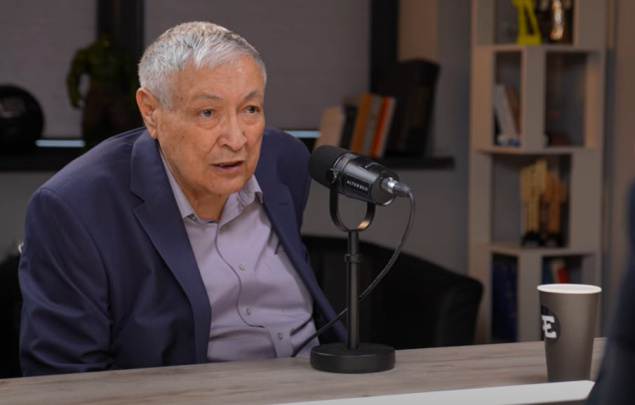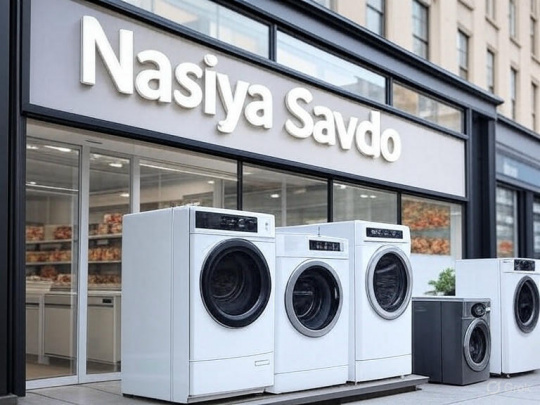CB increases foreign exchange interventions to the level of Q1 2022
The regulator’s spending on gold purchases increased by almost 10% compared to the previous quarter.

Photo: Kun.uz
In April-June, the Central Bank spent 19.5 trillion soums on the purchase of monetary gold, the Central Bank reported.
Compared to the previous quarter, the regulator’s expenses increased by 9.9%. Even more tangible was the increase compared to the second quarter of last year – then he bought precious metal for 17.2 trillion soums (+13.3%).
Growth in spending largely contributed to the rise in price of gold. In the context of continuing uncertainty in the world market, the growing risk of recession, fluctuations in the yield of government bonds, the price of a troy ounce of the precious metal averaged $1.9-2 thousand.
At the same time, Uzbekistan actively exported gold – more than $4.3 billion in the first five months alone. In May, the Uzbek Central Bank became one of the most active sellers of the precious metal in the world, having sold 11 tons – at the same time, its stocks decreased by 9 tons.
In June, the tonnage of gold reserves increased again by 6.2 tons. However, now it remains well below the peak values reached last fall.
At the same time, the Central Bank intervened in the foreign exchange market in the amount of $2.4 billion (the equivalent of 28 trillion soums). This is comparable to the level of the first quarter of 2022, when the dollar rose sharply.
The introduction of additional currency into the market “sterilized” the excess liquidity that appeared as a result of additional purchases of gold. The regulator adheres to a policy of neutrality in relation to gold and foreign exchange reserves.
Recommended
List of streets and intersections being repaired in Tashkent published
SOCIETY | 19:12 / 16.05.2024
Uzbekistan's flag flies high on Oceania's tallest volcano
SOCIETY | 17:54 / 15.05.2024
New tariffs to be introduced in Tashkent public transport
SOCIETY | 14:55 / 05.05.2023
Onix and Tracker cars withdrawn from sale
BUSINESS | 10:20 / 05.05.2023
Latest news
-
Uzbekistan tops medal table at Asian Cadet Judo Cup in Kazakhstan
SPORT | 18:42
-
Uncertainty grows as new homes remain without gas supply
SOCIETY | 17:46
-
Uzbekistan plans to launch national ferry service in Caspian Sea
SOCIETY | 16:03
-
Dozens of violations, zero accountability: Fergana police cancel fines for chief’s wife’s car
SOCIETY | 16:02
Related News

16:15 / 04.07.2025
World Gold Council: Uzbekistan tops global gold sales in early 2025

17:35 / 01.07.2025
Central Bank bans automatic loan deductions from social benefits without citizens’ consent

18:35 / 25.06.2025
“Karimov thought he could control the market by force” — Former Defense Minister speaks out

13:42 / 16.06.2025



